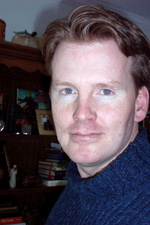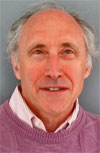
Robert Steele has for some time been saying that “The truth at any cost lowers all others costs.” He has also been focusing on the importance of intelligence with integrity. Among all governments, only Iceland appears to be serious about dealing with the financial crisis as it should be dealt with: as a criminal conspiracy enabled by all of the parties in both public and private sectors who sacrificed their integrity and betrayed the public trust.
Corporations operate under public charters. It is difficult to police the corporations when the governments have themselves become criminalized, but the tide is turning — the public is beginning to recognize that governments lack integrity and intelligence and cannot be trusted — in their present form — to manage the public interest.
When Goldman Sachs goes out of business the healing can begin. Slamming PWC is a good start.
Old Landsbanki to sue PriceWaterhouseCoopers for ‘deliberate’ auditing errors






